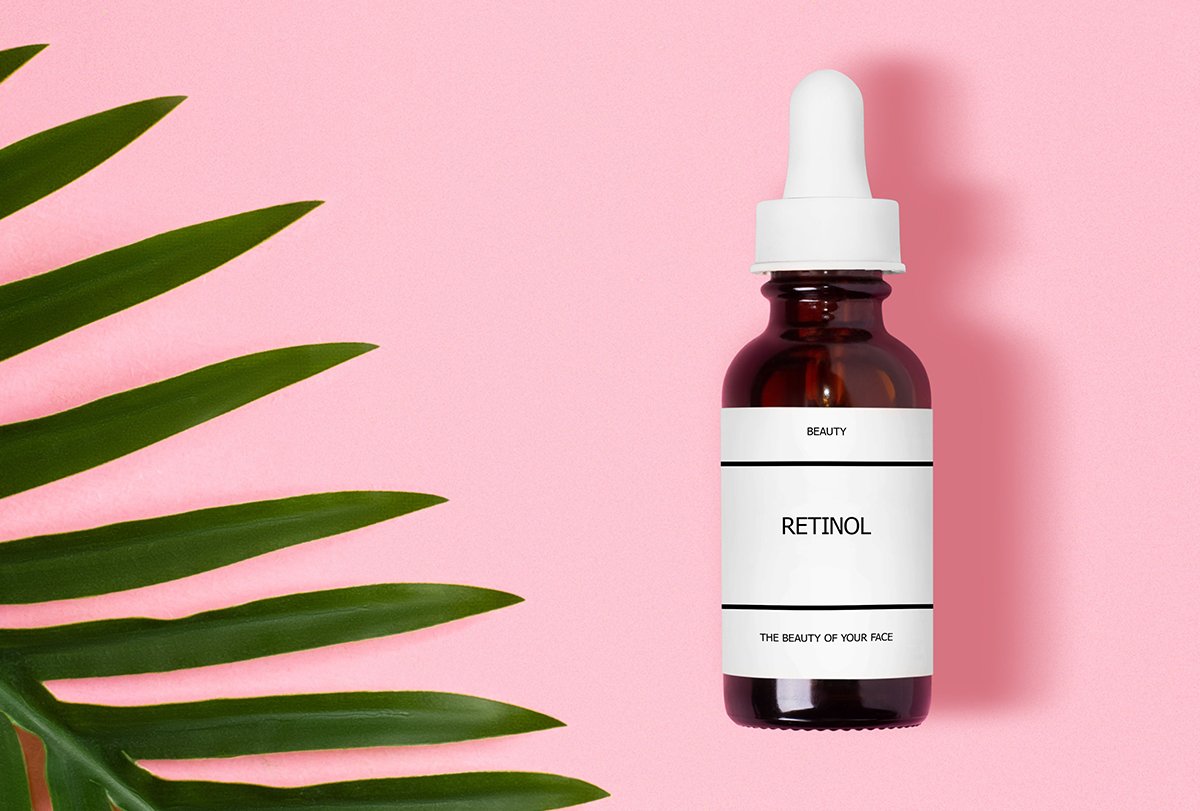
[adinserter block=”1″]
Retinol, a derivative of vitamin A, promotes cell turnover, preventing dead skin cells from accumulating and causing breakouts. Moreover, it stimulates collagen production, enhancing skin texture and reducing the appearance of fine lines. (1)
Despite common beliefs, retinol serum is excellent for oily skin. It works wonders by regulating oil production, preventing clogged pores, and reducing acne. (2)(3)
So, it is no surprise that retinol has gained popularity over the past few years, especially as an ingredient in products for oily skin.
Continue reading to learn what makes retinol serum good for oily skin.
What Makes Retinol Serum Good for Oily Skin?
Here is why you can trust retinol serum to help look after your oily skin.
Decreases the activity of oil-producing cells
Retinoids work wonders for your skin by taming oil production. They do this by putting a damper on the activities of sebocytes, the cells responsible for producing skin oil.
Retinoids reduce the division of sebocytes and calm down the process of creating lipids, the components of skin oil, encouraging them to produce just the right amount of oil without going overboard. (4)
By regulating sebocyte behavior, retinoids bring balance to oily skin, preventing excessive shine and minimizing the risk of clogged pores.
Reduces pore size
Large pores often lead to increased sebum production, making the skin oily. (2) Here’s where retinol comes to the rescue.
It’s a good product for minimizing pore size, (3) resulting in less sebum production. By using retinol, you’re essentially making sure your pores remain small and produce less oil, helping to combat that shiny, greasy look.

Reduces oil reservoir in skin ducts
Retinol teams up with the receptors of sebocytes, the cells responsible for producing oil, and puts a cap on excessive oil production.
This not only calms down inflammation in the oil glands but also speeds up the process of getting rid of any lingering sebum in the ducts. (2)(4) The result is clear, smooth skin that’s not bogged down by excessive oil.
Manages acne in oily skin
Retinoids, highlighted by the American Academy of Dermatology, play a vital role in acne treatment. They are anti-inflammatory, targeting key pathways in acne development.
By expediting the shedding of outer skin cells, retinoids lead to the removal of existing comedones and prevent the formation of new ones. This process is crucial in reducing visible lesions and maintaining acne clearance. (5)
How to Use Retinol Serum on Oily Skin?
For effective application of retinol serum, start with a clean, dry face. Use a pea-sized amount of retinol, gently applying and allowing it to absorb.
Follow up with a moisturizer to keep your skin hydrated and to combat dryness.
What Are the Side Effects of Using Retinol Serum?


Certain retinoids such as tretinoin and tazarotene may lead to burning, scaling, or dermatitis. However, not all retinoids are troublemakers.
Gentler options such as retinaldehyde and retinol have a lower likelihood of causing irritation. (6)
Most-Asked Questions
Can pregnant women use retinol serums?
It’s best to avoid retinol-based products during pregnancy, as experts have shared potential risks. (7)
Can teenagers use retinol serums?
For adolescents with oily, acne-prone skin, retinol can be a game changer. Young users might start with lower concentrations and less frequent applications.
Final Word
Retinol serum benefits oily skin by regulating oil production, preventing clogged pores, and reducing acne. It minimizes pore size, controls oil reservoirs, and manages acne by promoting cell turnover.
To use, apply a pea-sized amount to a clean face and let it be absorbed by the skin. Follow this with moisturizer application to combat dryness.
[adinserter block=”1″]
Credit : Source Post









